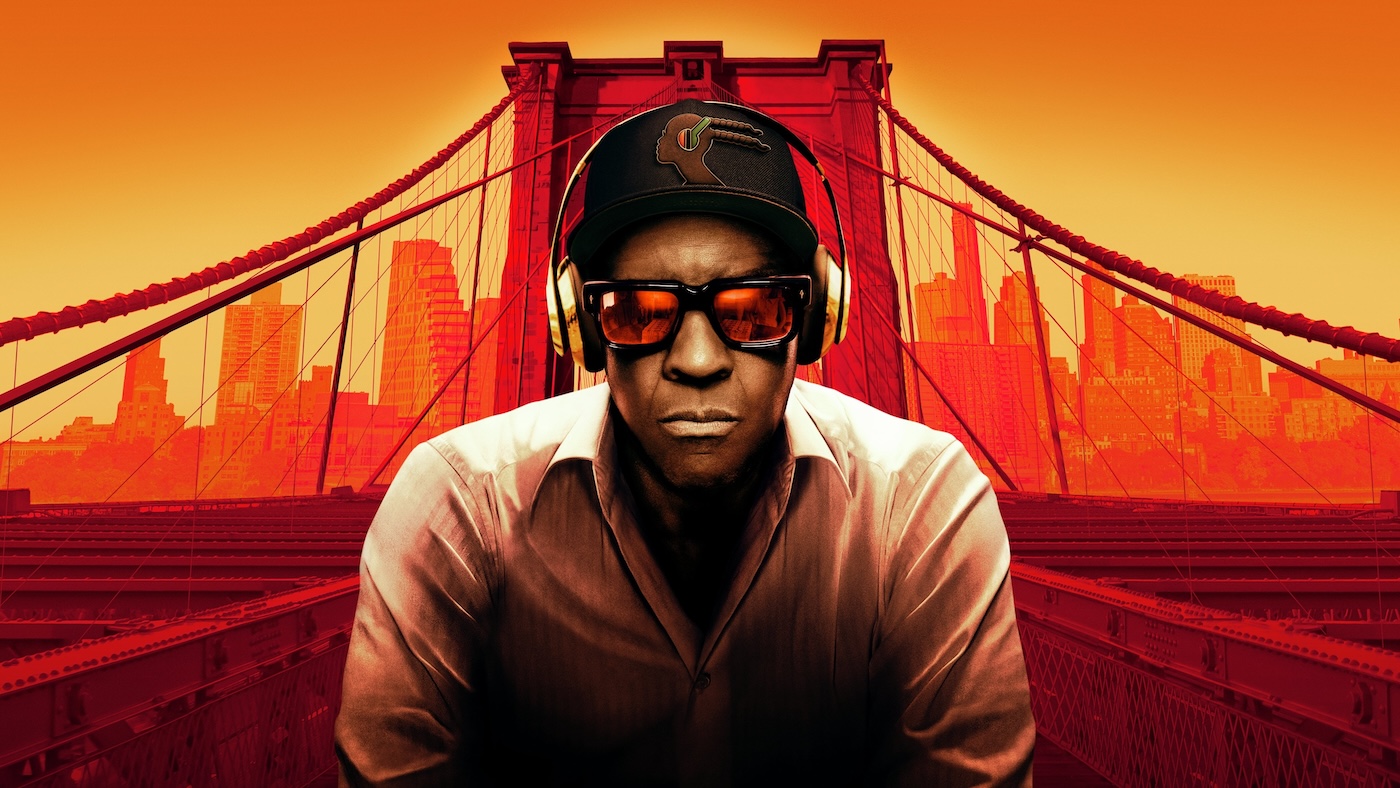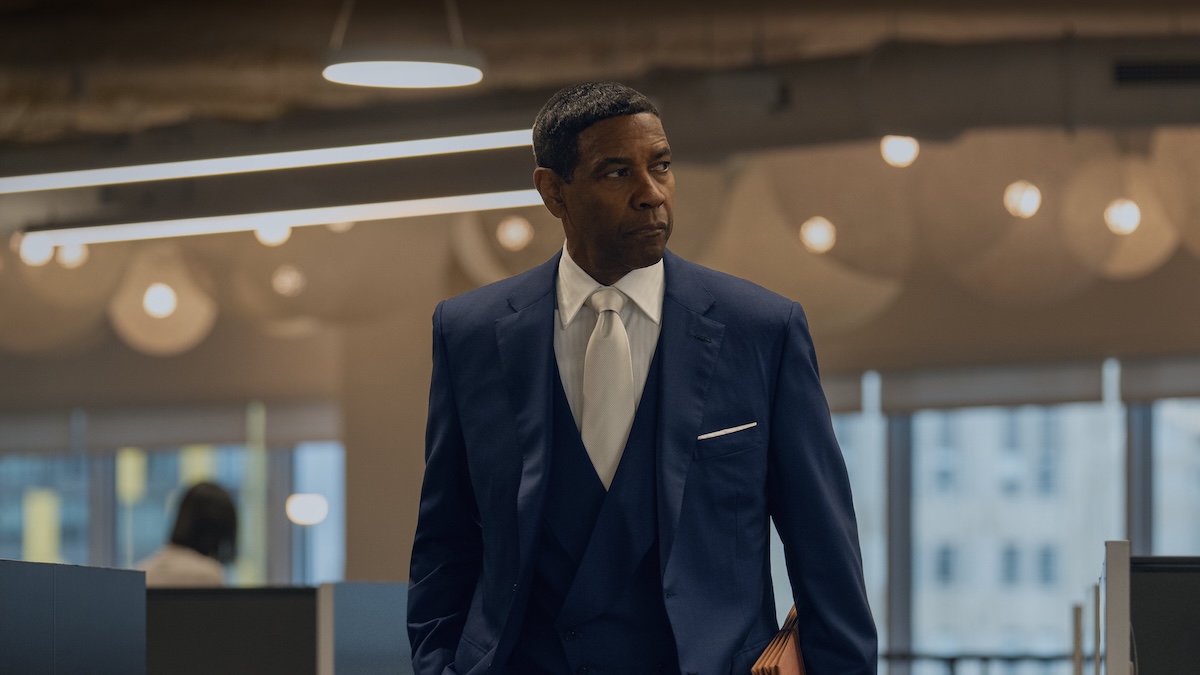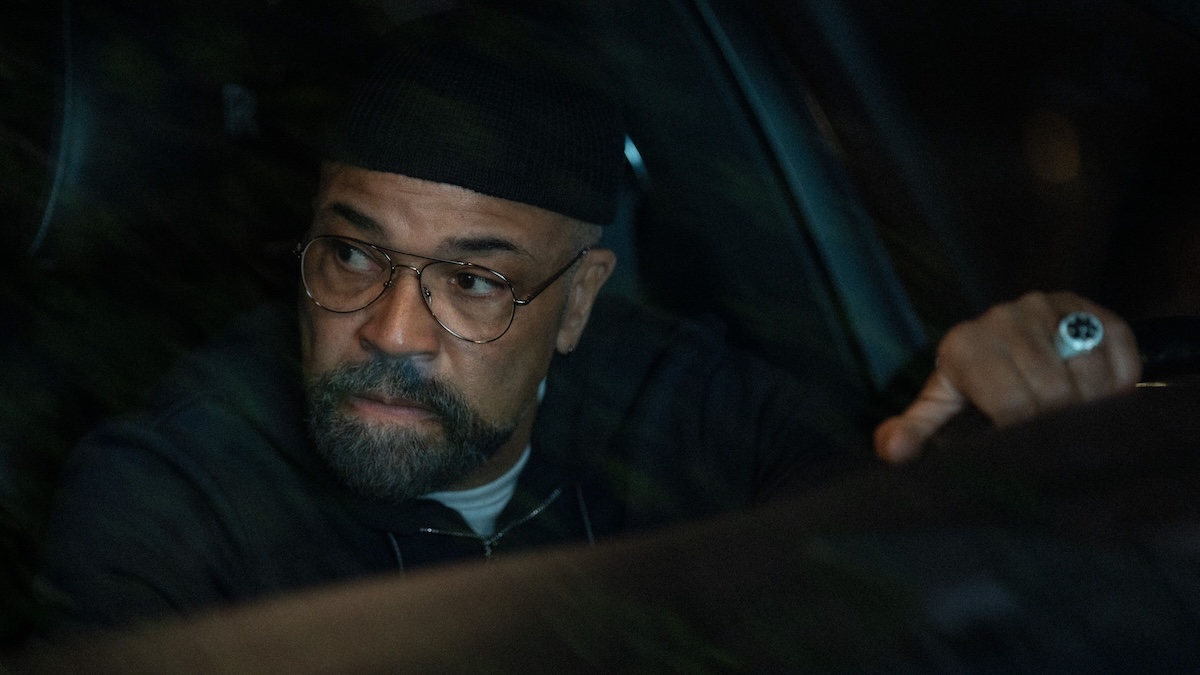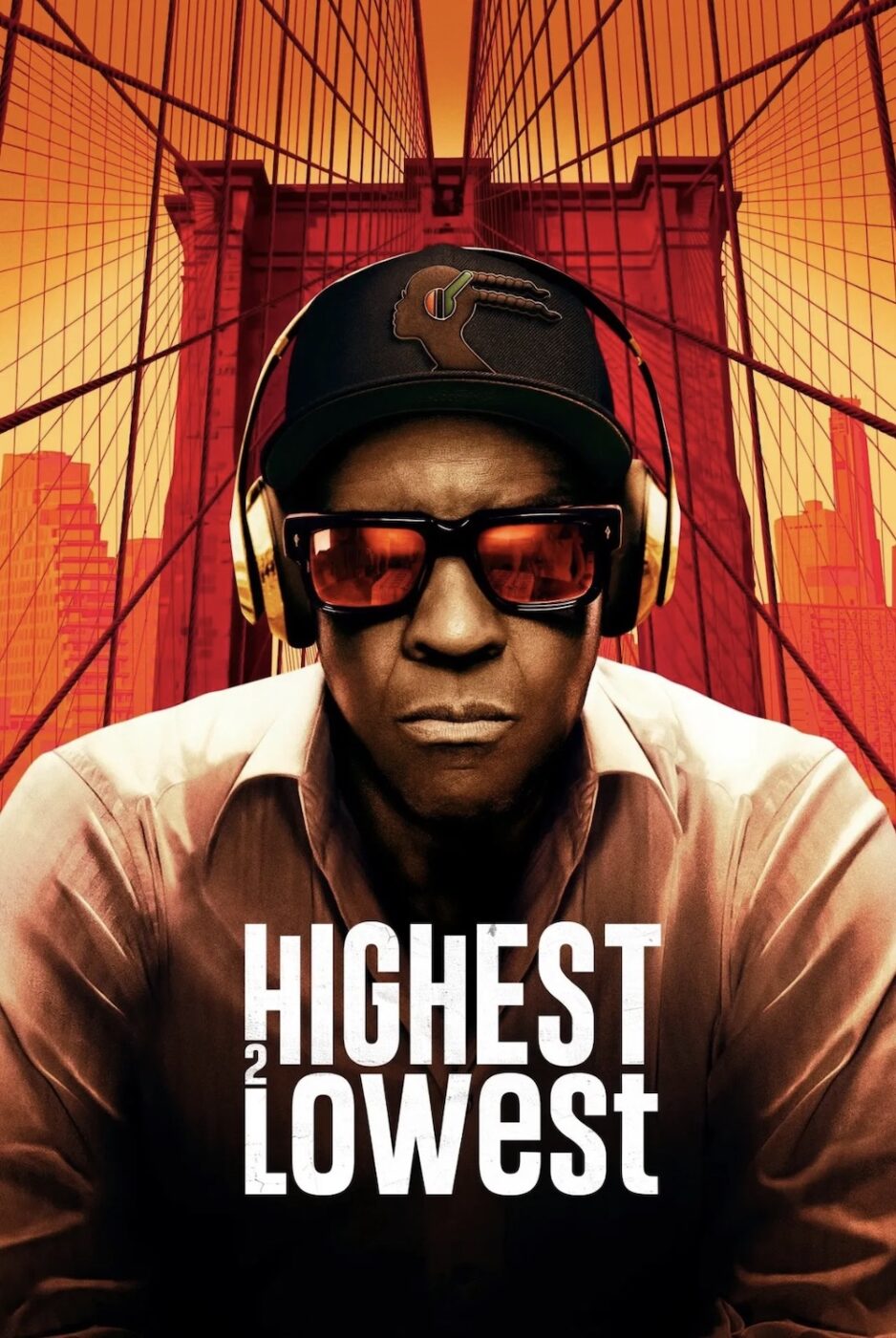HIGHEST 2 LOWEST (2025)
When a music mogul is targeted with a ransom plot, he faces a life-or-death moral dilemma.

When a music mogul is targeted with a ransom plot, he faces a life-or-death moral dilemma.

Spike Lee reunites with Denzel Washington for a conservative reimagining of Akira Kurosawa’s High and Low (1963). Lee uses the original movie’s kidnapping plot to dissect modern capitalism, the search for fame, and the 21st-century’s tangled relationship with money when it comes to making art. While the 1963 version saw a wealthy shoe executive forced to pay a ransom after he believed his son was kidnapped, this update follows record producer David King (Denzel Washington) going through the same moral dilemma.
The King family believe their only son and basketball star, Trey (Aubrey Joseph), has been kidnapped, only to soon discover it’s actually Trey’s best friend, Kyle (Elijah Wright), who’s been taken—the son of David King’s best friend and driver, Paul (Jeffrey Wright, real-life father to Elijah). But the kidnapper doesn’t care who the teenage boy is; he just wants $17.5M for the teen’s safe return.
So, David King is left in a moral quandary. Should he spend most of his family’s assets on saving Kyle’s life, or should he let his friend’s child die? It’s the type of dilemma films don’t explore anymore. Due to his public persona and the high-profile nature of his job, King has to think about optics and his career as much as Kyle’s life. Letting his friend’s son die might lead to his cancellation and affect his legacy, and that is more of a concern than the personal ramifications of the decision.

Considering his high status and luxury home, which looks over New York, King is hardly rolling in it. The opening acts subtly set up that life is less than perfect for the mogul once you scratch the shiny veneer. A conversation with his partner (Michael Potts) indicates that the label, Stackin’ Hits’, golden days are over, and King should sell up and move on. His righteous, philanthropist wife (Ilfenesh Hadera) also thinks he should change his focus away from business and towards his neglected family.
Highest 2 Lowest smartly spends the time setting up King’s world and loved ones. This makes the house of cards tumbling down much more affecting for the audience, as you have spent enough time with the family to care. And suddenly, an off-screen phone call changes everything, and it’s a jarringly quick plot jump. His announcement that his son has been kidnapped comes out of nowhere and is handled in a strangely low-key manner. Lee doesn’t waste time on narrative and exposition, presuming the audience is already knowledgeable about Kurosawa’s original.
Denzel’s as good as you expect him to be, but you can’t help but feel like he’s reining in his performance. Luckily, the actor has gotten to the stage in his career where his star power can propel a performance without him needing to try. This style of understated, laid-back performance works for a character like King, a Berry Gordy type who made millionaires finding Black talent and the next big thing in music. He’s coolly confident and a quick talker, and Washington’s natural charisma can effortlessly bring that to the big screen. Lee knows how to write for the actor (this is the pair’s fifth film together), so the line between the Academy Award-winner and the character feels constantly blurred.

Adversity brings out the worst in King’s personality. But Lee isn’t interested in giving the mogul a redemption arc or using this morality tale to fix King’s flaws. People like him do not get to the top of such a cutthroat business by giving out money and being the nice guy. Instead of turning King into a hero after a fairy tale transformation, it follows him as he balances doing the right thing and cementing his professional legacy.
Jeffrey Wright is outstanding as always as Paul. Spike Lee and Wright give this character more layers than many others would. He’s an ex-con and a Black Muslim, whom King has given redemption. Alongside the keys to the Rolls, King helps pay for Paul’s son to attend a good school and helped him land a place on a basketball team. Fleshing out Paul’s character helps magnify King’s quandary, and adds context as to why the ransom is not quickly considered.
Considering the life-or-death nature of Highest 2 Lowest, the film feels surprisingly lightweight. A young man’s life is at risk throughout most of the film, yet there never feels like enough jeopardy is generated. The bright cinematography and jaunty score by Howard Drossin contradict the darker nature of the plot. The plot is especially contradicted by the upbeat soundtrack, which features music more suited to a 1940s musical than a modern crime thriller. The soundtrack is distractingly dated for a film about a man with the greatest ear for R&B and hip-hop.

Despite never not being entertaining, Highest 2 Lowest does lose its way towards the end. The confrontation with the kidnapper is oddly anti-climactic, with too many plot points ignored in favour of maintaining a vibe. There are numerous jarring final act shifts that are too underexplained to make a real impact. A scene involving an action sequence on a train belongs in another movie. A low-key film about a horrible decision suddenly turns into a cliché action film where the character starts to make laughably illogical choices.
As good as Highest 2 Lowest is, it doesn’t quite nail the landing. The final act twists through themes and genres, becoming almost surrealist in its execution. The transition between laid-back character study and crime thriller in the final 30 minutes is not smooth. When the plot gets wrapped up sooner than expected, the film’s closing moments indulge in highlighting young musical artists. Washington may be playing the star maker, but it’s clearly Lee who sees himself as the real musical kingmaker.
Highest 2 Lowest is clearly Spike Lee airing his grievances at the state of the media industry. The film not so subtly makes digs at capitalism, how money, followers, and looks are far more important than talent, and his issues with using AI to make art. These themes and the sardonic tone of earlier scenes get lost in the out-of-place action hero ending. The ideological and generational differences are hammered home a little too much in the final moments as King faces off with a young rapper (played by real-life rapper A$AP Rocky, who is a better musical artist than he is a rapper).
The cast of Highest 2 Lowest is doing far more than the screenplay offers. The first act gives hope of exploring King’s waning love for music due to the more capitalist aspects, but these points get lost in the mix. These big and relevant topics are not given the time they need. These themes are too complex to run merely in the background of a mid-crime thriller. While it’s not Lee’s best work of recent years, it’s a grown-up yet slightly too conservative film about the modern dilemmas of being an aging businessman in the limelight.
USA • JAPAN | 2025 | 133 MINUTES | 2.39:1 | COLOUR | ENGLISH


director: Spike Lee.
writer: Alan Fox (based on the film by Akira Kurosawa, Hideo Oguni, Ryūzō Kikushima & Eijirō Hisaita; itself inspired by the novel ‘King’s Ransom’ by Ed McBain),
starring: Denzel Washington, Jeffrey Wright, Ilfenesha Hadera, A$AP Rocky, John Douglas Thompson, Dean Winters, LaChanze & Aubrey Joseph.
